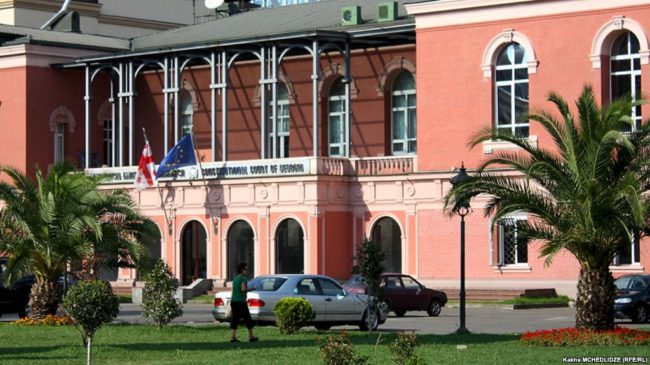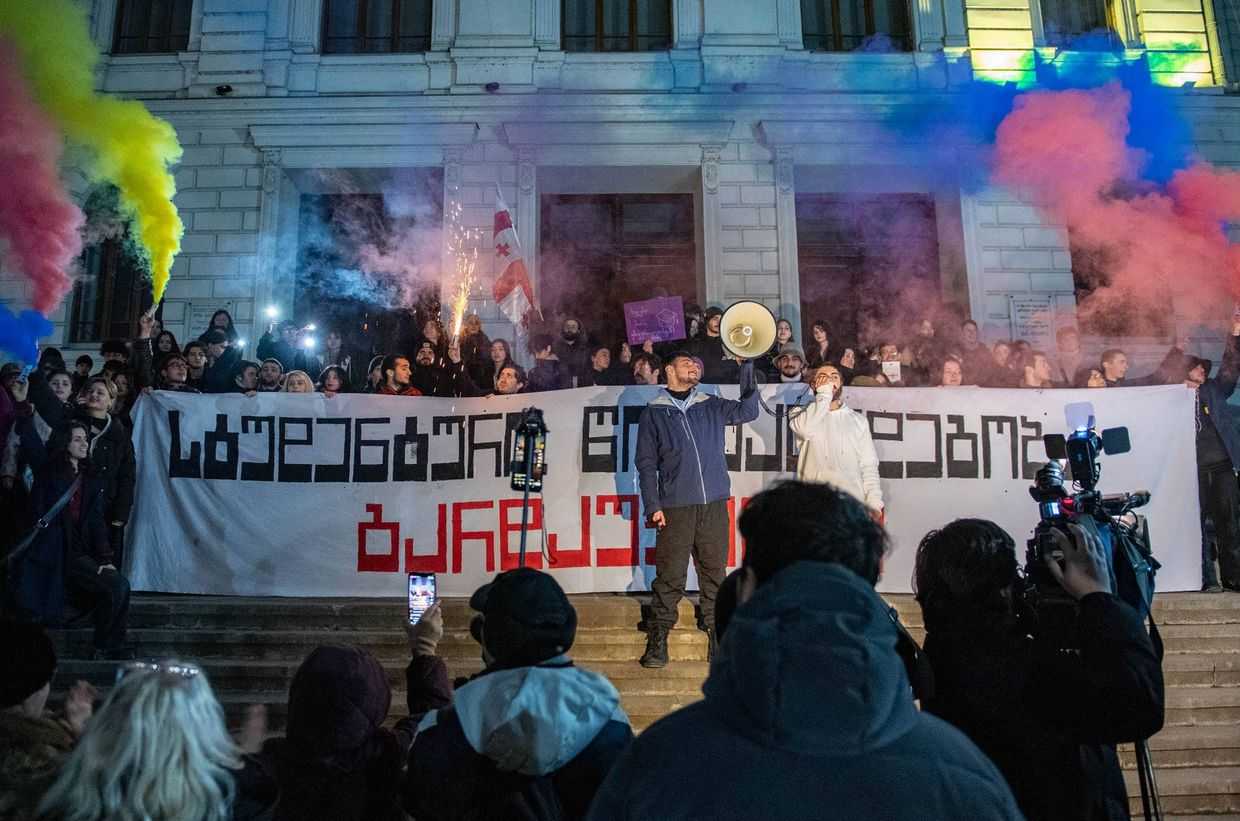

 On 12 July 2017, Georgia’s Constitutional Court declared the country’s ban on men who have sex with men donating blood unconstitutional. Georgia’s Health Minister banned blood donation for gay men in 2000.
On 12 July 2017, Georgia’s Constitutional Court declared the country’s ban on men who have sex with men donating blood unconstitutional. Georgia’s Health Minister banned blood donation for gay men in 2000.
On 24 March 2017, human rights activists Gocha Gabodze and Levan Berianidze appealed to the court demanding that the ban be overturned.
In its ruling, the court pointed out that ban was absolute, and did not even indicate a particular period of time after having sex where there may be a higher risk in donations.
The claimants had argued that the ban contradicted Article 14 and 16 of the Constitution, which states that every citizen of Georgia is equal in spite of ethnic, religious, sexual, or racial differences.
The court pointed out that modern technologies allow for the detection of HIV/AIDs in donations, making a ban unnecessary.
Noting that the immediate abolition of the ban could come with certain risks, the court set a deadline of 1 November 2017 for the government to overturn it.
On 4 February 2014, the Constitutional Court declared other articles of the same decree unconstitutional. It had previously stated that homosexuality was a restricting factor for donating blood. In response, the Health Ministry changed the wording to men who have sex with men.
According to data from the Georgian AIDS and Clinical Immunology Research Centre, as of 26 June 2017, 6,400 people were registered to be living with HIV/AIDs in georgia, of which 4,800 are men. The figures further show that 9.3% of HIV positive people were infected through homosexual contact, and 44% through heterosexual contact.









